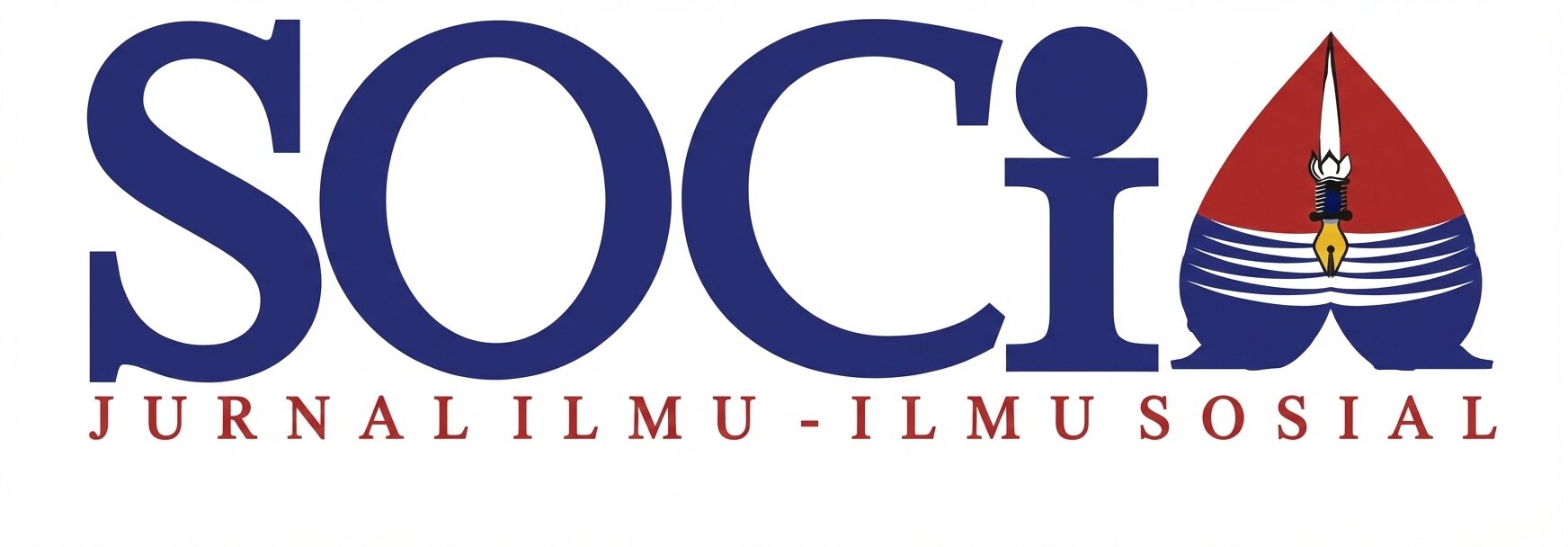Implementasi Pelatihan Tari Nusantara dalam Meningkatkan Nasionalisme dan Kesadaran Budaya
Downloads
The study attempts to present a qualitative description about how Nusantara dance training may serve to develop nationalism and cultural awareness. That shall be accomplished via a systematic review method and presented in a qualitative descriptive manner. This research uses a systematic review process that includes a number of phases: (a) creating research questions, (b) performing a literature search, (c) performing screening and selection of research articles, (d) carrying out analysis and synthesis of qualitative findings, (e). This research indicates that dance training can be considered a process that gives support and knowledge to dance creators when creating a new movement that incorporates distinctive characteristics with the creator's creativity, and maintaining the distinctive characteristics of every person's movement. The success of the training is dependent to an approach and model that best corresponds to the creator's
Key words: Training Implementation, Nusantara Dance, Nationalism, Cultural Awareness
Budiman, Agus, Ria Sabaria, and Purnomo Purnomo
Model Pelatihan Tari: Penguatan Kompetensi Pedagogik & Profesionalisme Guru. Panggung 30(4).
Constantin, Elena Claudia, Marion-Ivonne Cohen-Vida, and Alexandra Popescu
Developing Cultural Awareness. Procedia - Social and Behavioral Sciences 191:696-699.
Galang Surya, Gumilang
Urgency Cultural Awareness Skills of Counselors in Implementing the Service Guidance and Counseling for Dealing ASEAN Economic Community (Aec). Guidena: Jurnal Ilmu Pendidikan, Psikologi, Bimbingan dan Konseling 5(2):45-58.
Komala, Arbi
Menggali Nilai Multikultural dalam Pelatihan Tari pada Program Gubuk Nusantara di Teluk Sebong Kepulauan Riau. Indonesian Journal of Performing Arts Education 2:16-22.
Koyongian, Yeane, et al.
Implementasi Supervisi Instruksional: Pendekatan dan Tantangan Pengembangan Profesionalisme Guru. Jurnal Bahana Manajemen Pendidikan 10:48.
Moher, David, et al.
Preferred reporting items for systematic reviews and meta-analyses: the PRISMA statement. BMJ 339:b2535.
Ni Luh, Sustiawati
Kontribusi Seni Tari Nusantara dalam Membangun Pendidikan Multikultur. MUDRA Jurnal Seni Budaya 26(02):126-134.
Rochmat, Saefur, and Diana Trisnawati
PENANAMAN NILAI-NILAI NASIONALISME DALAM PEMBELAJARAN SEJARAH DI SMA NEGERI 2 WATES, KULON PROGO. ISTORIA: Jurnal Pendidikan dan Ilmu Sejarah 13.
Saepudin, Saepudin, Achmad Fauzi, and Ami Pujiwati
Pengaruh Pelatihan, Lingkungan Kerja dan Kompensasi Terhadap Kinerja Pegawai: SLR. Jurnal Ekonomi Manajemen Sistem Informasi 5(2):156-171.
Sari, Vina Anisah, Dwi Junianti Lestari, and Giri Mustika Roekmana
Tari Nusantara Sebagai Stimulus Kreativitas Tari pada Ekstrakulikuler SMA Negeri 2 Kota Tangerang. Jurnal Pendidikan Tambusai 7(3):28550-28561.
Trisnawati, Diana
Pembelajaran Sejarah Melalui Pelatihan Kesenian Jathilan untuk Meningkatkan Pemahaman Terhadap Nilai-Nilai Lokal. ISTORIA: Jurnal Pendidikan dan Ilmu Sejarah 13.
Widiyono, S.
Pengembangan Nasionalisme Generasi Muda di Era Globalisasi. POPULIKA 7:12-21.
Yahya, Muhammad, Udin Sidin, and Wahyudi Wahyudi
Pelatihan Pengembangan Modul Ajar Berbasis Kurikulum Merdeka Bagi Guru SMK Produktif Kota Makassar: Indonesia. TEKNOVOKASI : Jurnal Pengabdian Masyarakat 1:292-297.
Yanti, Rusnia, and Juju Masunah
Peningkatan Apresiasi Tari Nusantara Melalui Model Blended Learning di Sekolah Menengah Pertama. Gondang: Jurnal Seni dan Budaya 5:1.
Authors who publish with this journal agree to the following terms:
- Authors retain copyright and grant the journal right of first publication with the work simultaneously licensed under a Creative Commons Attribution License that allows others to share the work with an acknowledgement of the work's authorship and initial publication in this journal.
- Authors are able to enter into separate, additional contractual arrangements for the non-exclusive distribution of the journal's published version of the work (e.g., post it to an institutional repository or publish it in a book), with an acknowledgement of its initial publication in this journal.
- Authors are permitted and encouraged to post their work online (e.g., in institutional repositories or on their website) prior to and during the submission process, as it can lead to productive exchanges, as well as earlier and greater citation of published work (See The Effect of Open Access).

Ciptaan disebarluaskan di bawah Lisensi Creative Commons Atribusi-NonKomersial-BerbagiSerupa 4.0 Internasional.





